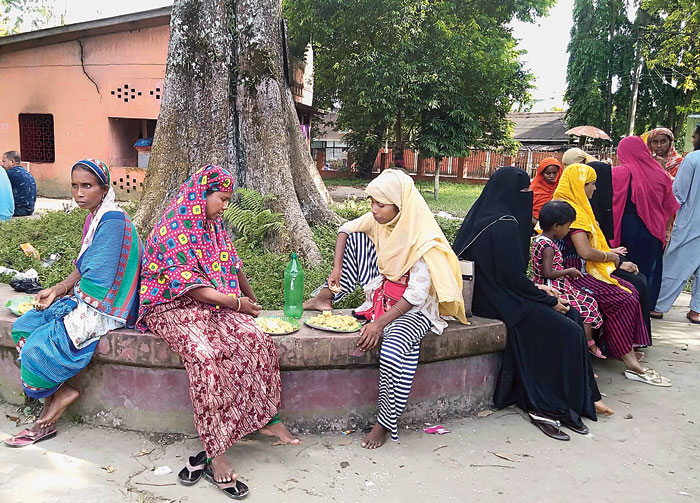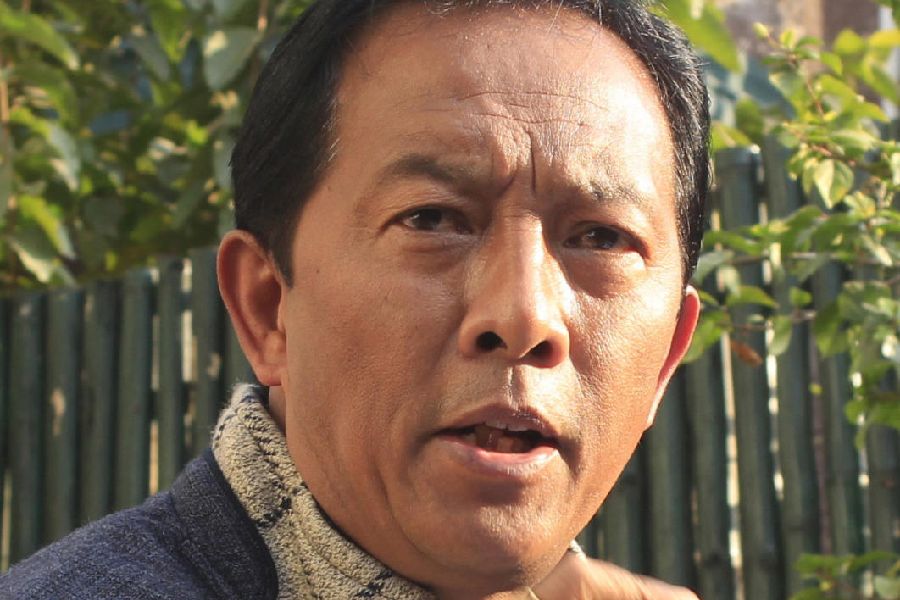The right to life and liberty serves as the foundation of all human rights. However, the Rajasthan State Human Rights Commission — the irony is palpable — issued an order that violates this very principle. It has asked the state government and the Centre to bring legislation to “prohibit” the practice of live-in relationships. In India, consensual relationships between adults are protected by the fundamental rights to life, liberty — this includes privacy — and the freedom of expression. Not only is the RSHRC order in breach of constitutionally guaranteed rights but it also contradicts the position that has been taken by the judiciary — repeatedly. A recent Supreme Court ruling said that unmarried adults have the right to live together, acknowledging that such relationships are on a par with matrimony. Even the legislature recognizes live-in relationships, as the rights of women living with their partners are protected under the domestic violence law. But these women, according to the RSHRC, are “concubines”, who need to be stopped from living “animalistic lives”. Besides being held accountable for its demeaning remarks, the rights body also needs to be reminded that everyone, including the so-called ‘concubine’, is entitled to fundamental rights and freedoms. The RSHRC seems keen on reinforcing derogatory ideas, such as the one that suggests chaste women abide by societal rules while those who refuse to be bound by such restrictions can be condemned as ‘fallen women’. The RSHRC’s concerns could also encourage the public discourse to believe that the sexual freedom of women is predicated on marriage, apparently the only bona fide relationship in the eyes of a body mandated to uphold basic entitlements. That an institution entrusted with the responsibility of helping victims of prejudices should make such comments is doubly worrying.
Embedded discrimination and the RSHRC’s apathy towards its responsibilities are not the only concerns. The RSHRC seems to be unaware of the changing realities. Matrimony is emerging to be a matter of choice, rather than a compulsion, in some parts of urban India. Homosexuality has been decriminalized by the apex court and there is a fledgling movement in the country to demand recognition for alternative sexualities and their notions of family. Instead of meddling in the private lives of consenting adults, the RSHRC should devote its energies to resolve such challenges as rape, child-marriage and malnutrition that continue to plague Rajasthan.












